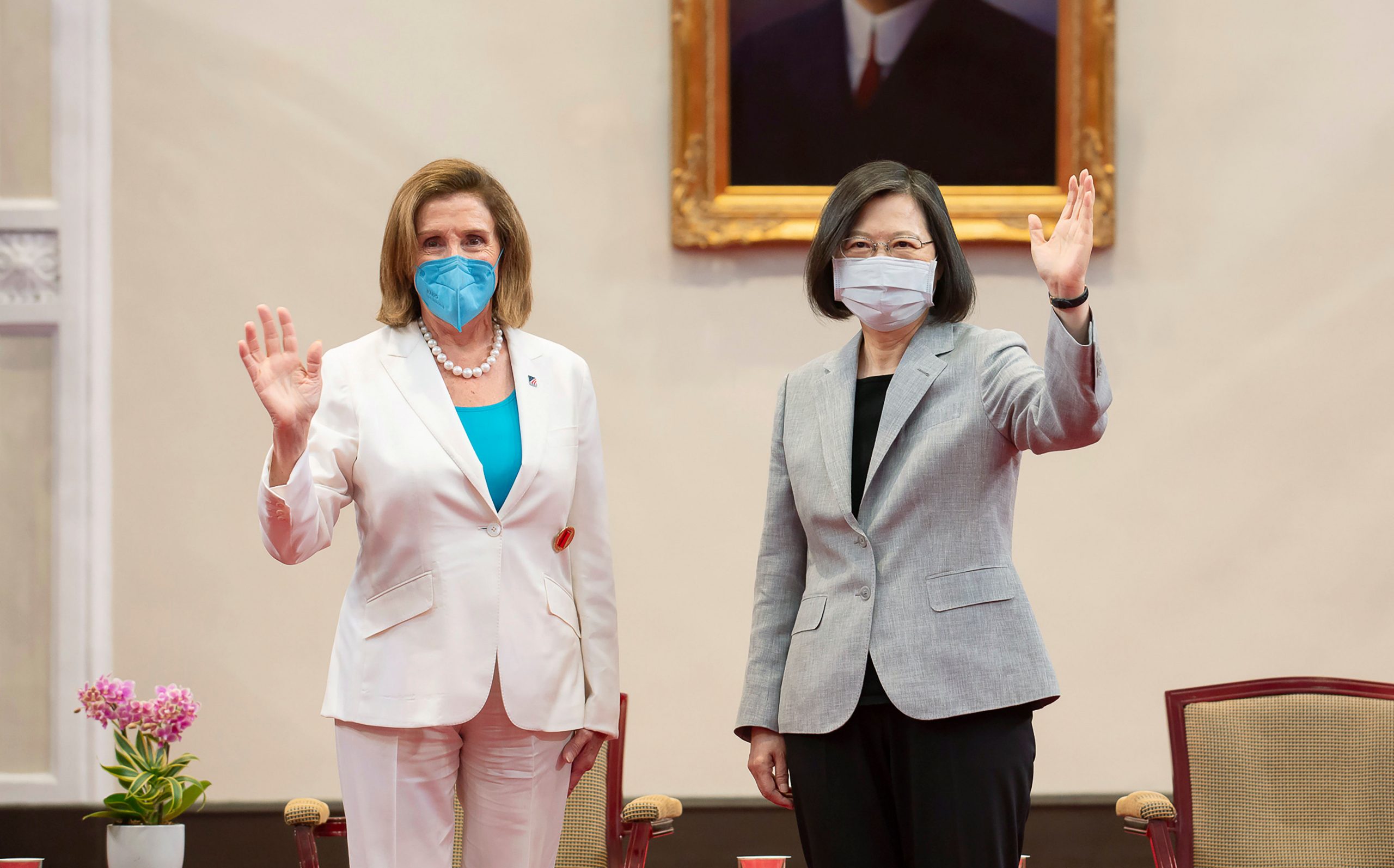Nancy Pelosi’s
visit to Taiwan on August 2 set off a geopolitical firestorm. Reacting to the
first visit of a senior member of the US government to Taiwan in over two
decades, Beijing responded with military drills surrounding the tiny strait. In
Taiwan capital Taipei, there was imminent threat of war. Airspaces were shut
and the world looked in horror at the possibility of another war amid the ongoing
Russia-Ukraine crisis.
On the
night of August 2, Nicholas Burns, US Ambassador to China, received a summons
from the Chinese Foreign office. A career diplomat and former US Ambassador to
the North Atlantic Treaty Agreement (NATO), Burns was expecting the call.
According to Burns, he received the summons at the exact moment US House
Speaker Nancy Pelosi’s plane landed in Taipei.
Also Read | US vows to take ‘calm & resolute’ steps to support Taiwan against China
Burns says
he met Chinese Foreign Minister Xie Feng and the two had a “spirited” meeting. “We
had a very spirited, I would say contentious meeting…I defended the speaker
(Nancy Pelosi). I defended her right to travel to Taiwan. I defended the peace
and stability we have had on the Taiwan Strait for nearly six decades,” according
to Burns’ account of the meeting, which he shared during a TV interview.
Burns said he
challenged the Chinese Foreign Minister to ensure Beijing operates in a way
that would promote peace and stability.
But
Nicholas Burns’ call for peace evidently went unheard. Burns said Beijing sent
missiles to Taiwan to “intimidate and coerce Taiwan authorities” and run a
global campaign blaming the United States for what it sees as undermining
stability in the Taiwan Strait.
Also Read | Chinese companies scale down dealings with Taiwan post Nancy Pelosi’s visit
The United
States has adopted the one-China policy which accepts Chinese control over the
Taiwan Strait. China, largely, saw Nancy Pelosi’s visit to Taiwan as a
challenge to the policy. Following Nancy Pelosi’s visit, Antony Blinken said
the US remains “committed to our One China policy guided by our commitments to
the Taiwan Relations Act, Three Communiques and Six Assurances.”
At the interview,
Nicholas Burns said, “We’ve been very, very clear about (maintaining our
policy). The issue is – is one government going to react in an aggressive and
violent way to disturb the peace? That has to concern everybody in the world.”







